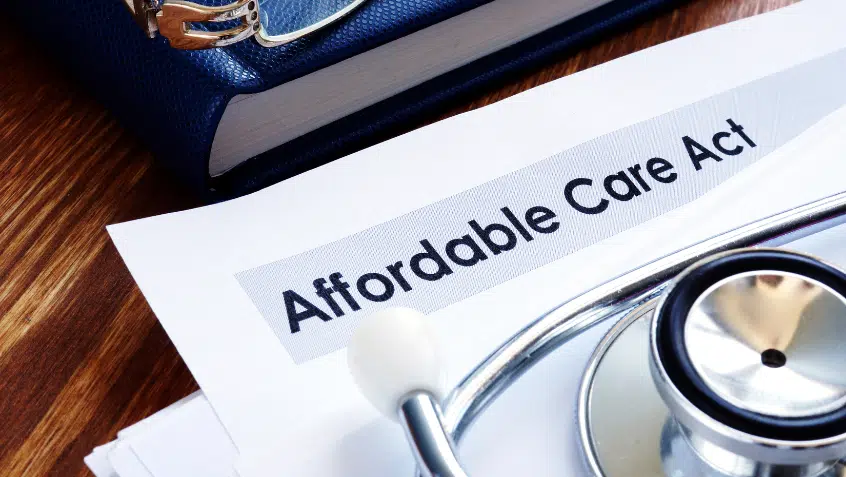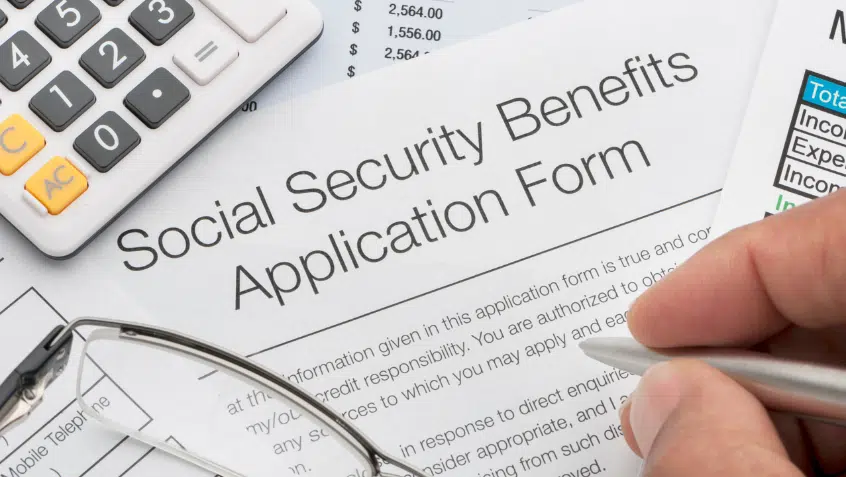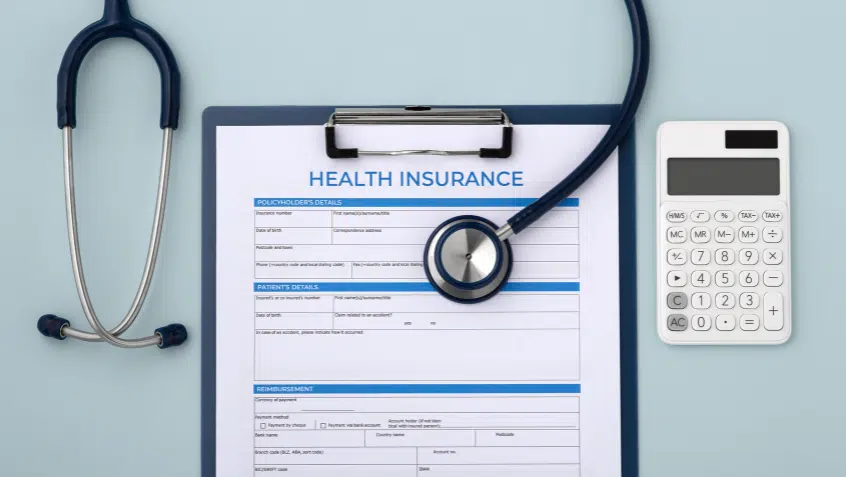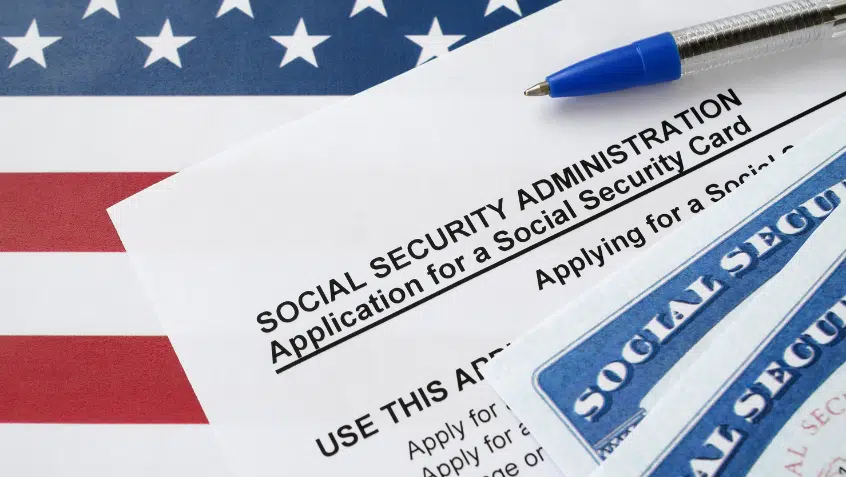Biden Administration Announces Additional Steps to Fight COVID-19
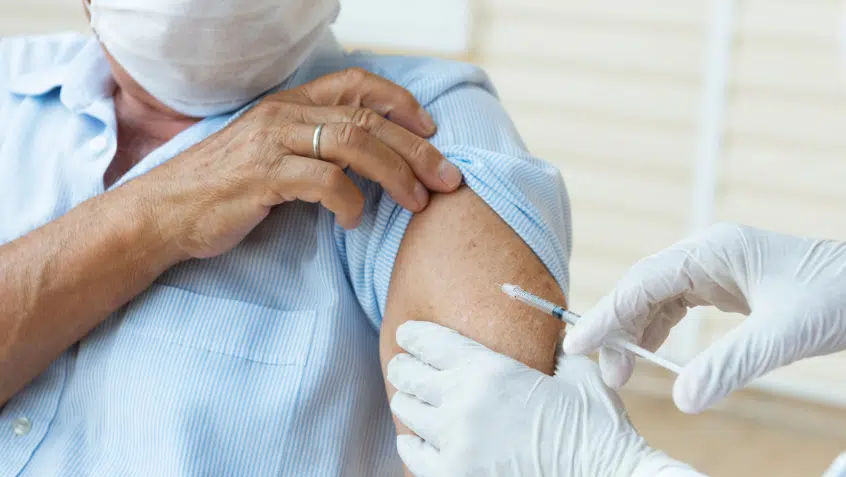
This week, the Biden administration unveiled plans to offer booster doses of the Pfizer and Moderna COVID-19 messenger RNA (mRNA) vaccines, pending U.S. Food & Drug Administration (FDA) review and recommendations from the Centers for Disease Control and Prevention’s (CDC) Advisory Committee on Immunization Practices (ACIP). Under the plan, the booster shot would be available to people who were fully vaccinated with Pfizer or Moderna’s mRNA vaccine 8 months after an individual’s second dose, starting September 20. This decision follows the FDA’s recent action authorizing a third dose of the Pfizer and Moderna vaccines for immunocompromised individuals, which people with Medicare can access with no cost-sharing. It is not yet clear if individuals who received Johnson & Johnson’s non-mRNA, one-dose vaccine will be eligible for an additional dose in either instance.
The Administration also announced the Department of Health and Human Services will develop an expedited regulation directing nursing homes to require that their staff be fully vaccinated against COVID-19 as a condition of participation in the Medicare and Medicaid programs. The regulation would apply to nearly 15,000 facilities across the country that serve approximately 1.3 million residents. This change follows CDC and Centers for Medicare & Medicaid Services (CMS) data confirming a strong relationship between the increase of COVID-19 cases among nursing home residents during the Delta variant surge and the rate of vaccination among nursing home workers.
According to CMS, about 62% of nursing home staff are currently vaccinated nationwide, with state-level rates ranging from 88% to 44%. The agency notes the Delta variant “has driven a rise in cases among nursing home residents from a low of 319 cases on June 27, to 2,696 cases on August 8, with many of the recent outbreaks occurring in facilities located in areas of the United States with the lowest staff vaccination rates.” CMS expects to issue the new rules in September.
This builds on other recent rulemaking intended to support the health and safety of facility staff and residents. In May, CMS revised the infection control standards Long-Term Care Facilities and Intermediate Care Facilities serving people with intellectual disabilities must meet to participate in Medicare and Medicaid. In part, the rule requires facilities to educate residents, clients, and staff about the COVID-19 vaccine and to offer shots when supplies are available.
The Latest
Most Read
Trump Administration and Elon Musk’s DOGE Closing Social Security Offices, Harming Access to Services
Threats to the Social Security Administration and to Benefits Continue to Raise Alarm
New Resources Show House Budget Would Slash Medicaid, Despite Voters’ Support of Program
Federal Government Funding Decisions Loom
Add Medicare to Your Inbox
Sign up to receive Medicare news, policy developments, and other useful updates from the Medicare Rights.
View this profile on InstagramMedicare Rights Center (@medicarerights) • Instagram photos and videos


